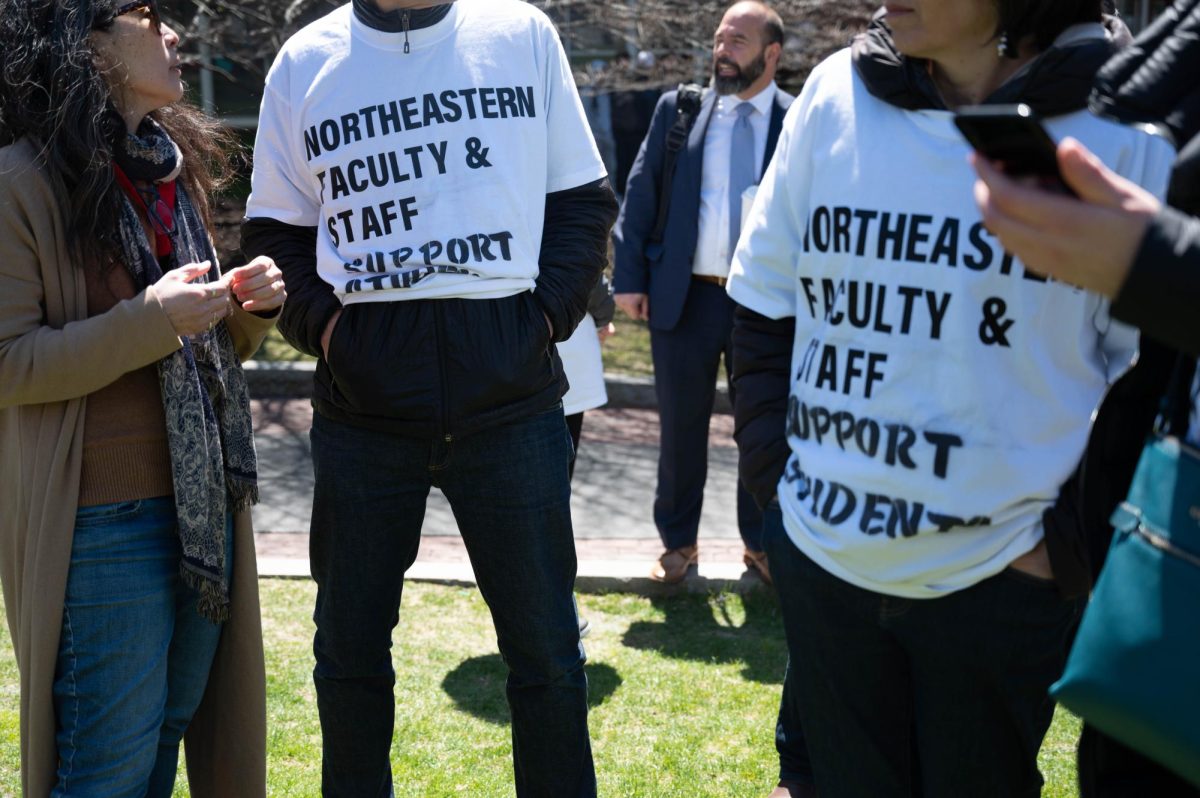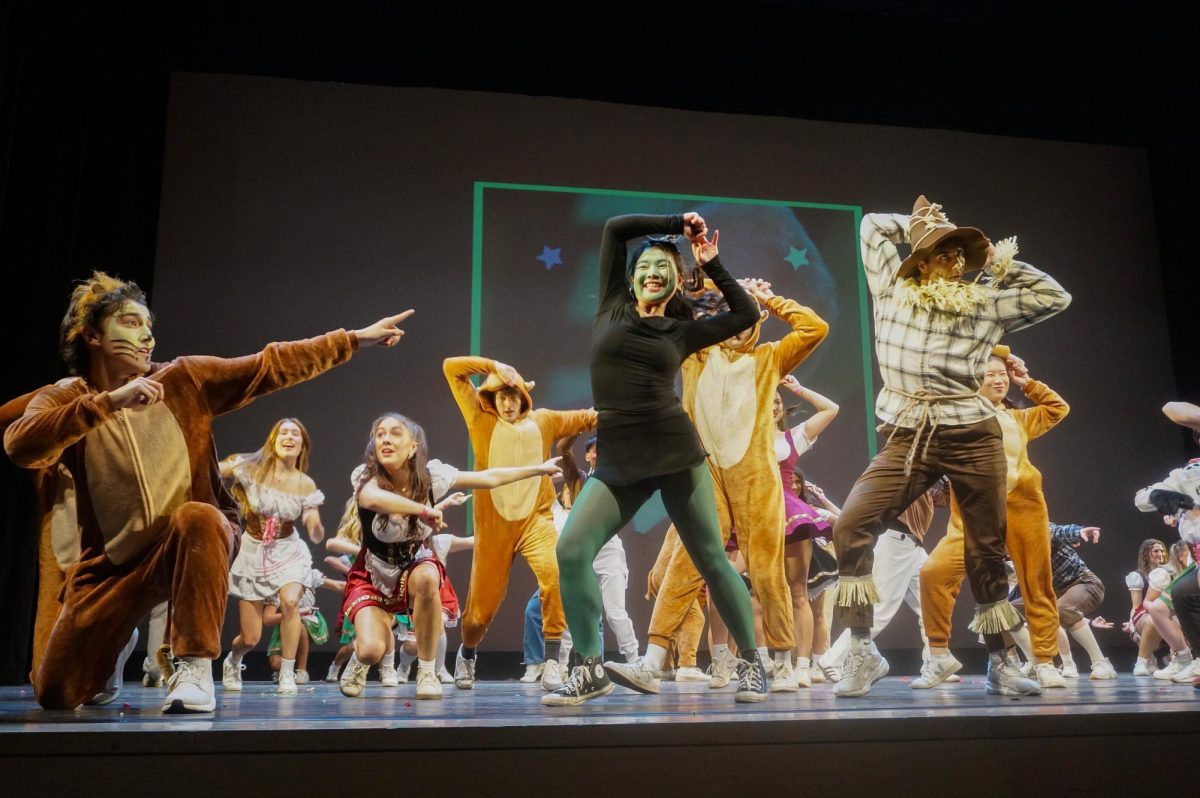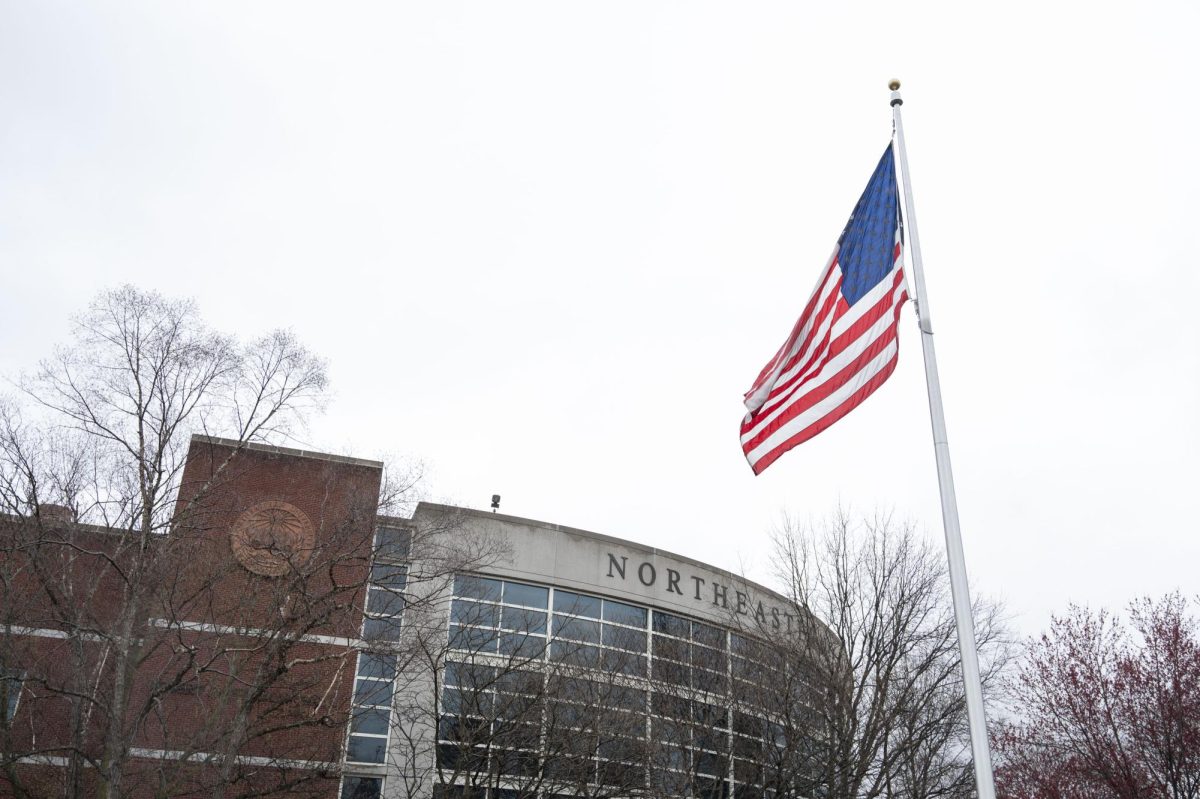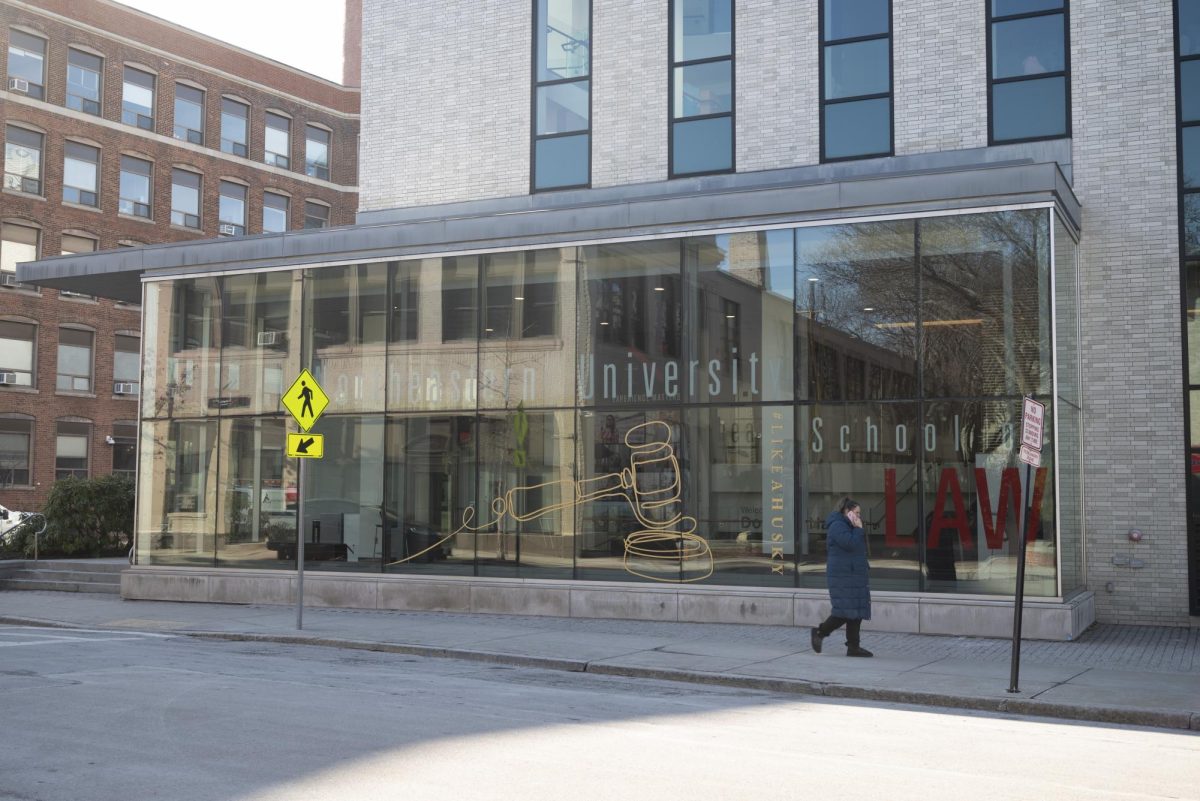A shiny new convertible will soon be sitting in Jason Stackiewicz’s driveway, complete with leather interior, a navigation system and a dashboard not above the steering wheel, but reflected into the windshield.
However, the 2005 Chevrolet Corvette is not a birthday present – it’s his father’s end of the bargain.
While lying in what turned out to be a month-long coma, Stackiewicz’s father secretly promised that if his son woke up, he would buy him a Corvette. And with his son healthy, living on campus and back in classes, Thomas Stackiewicz is sticking to his word – his son will soon have the car of his dreams.
“It’s going to be a nice car, an expensive car, a car I shouldn’t have,” Stackiewicz said.
Jason Stackiewicz’s biggest struggle these days is making up for missed classes. The 21-year-old criminal justice major is living in West Village and trying to decide when to go on co-op.
Only a hint of the slur in his speech he has had since awakening in February is evident, and his motor skills are back up to par, he said.
“I had to take a driving evaluation to see if my reaction time was up,” Stackiewicz said. “My dad was in the back of the room doing the questions too, and I guess I was faster than he was.”
On the night of Feb. 1, after the New England Patriots won the NFL Super Bowl, Stack-iewicz was out with some friends on Symphony Road. Before he knew what was happening, Stanley Filoma of Mattapan, while allegedly driving under the influence, drove a black Toyota Land Cruiser through the crowd of people rioting – severely injuring Stackiewicz and killing James Grabowski, 21, of West Newbury, the brother of a Northeastern student. Filoma’s case is currently pending, said David Procoppio, spokesperson for the Suffolk County District Attorney’s Office.
Stackiewicz was immediately transported to Beth Israel Deaconness Medical Center where he was treated for severe head trauma and a broken leg.
Stackiewicz spent almost three months in the hospital before returning to his hometown of Poughkeepsie, N.Y., where he spent the summer going to physical, occupational and speech therapy near his home three times a week. He also saw a therapist to help him mentally cope with the aftermath of his ordeal.
“They expected me to be a lot more emotional, like the therapist said he was expecting an angry face,” Stackiewicz said. “But I didn’t really do that.”
His neighborhood, Stackiewicz said, supported him from the start.
“When I was in rehab, I came home for a day visit, and my whole neighborhood had yellow bows on their mailbox and in my driveway,” he said. “They were all really supportive.”
Now back at school, Stackiewicz has to adjust to the pressure of classes and the thought that he may not graduate on time.
Although he’s scheduled to be a junior, Stackiewicz is only taking three classes, and isn’t quite sure about his status.
“I could skip a co-op and go to summer school and graduate on time, or I could do the co-op and graduate a semester late,” he said. “But I’m not really worried about it.”
Instead, Stackiewicz chooses to think about class schedules, co-ops and finances – exactly the way he would before his name became a source of national media attention and criticism of the university.
“I’d probably rather do the co-op, even though everyone wants me to graduate on time, with them,” he said. “Hey, if I graduated on time, at least I’d save a little money.”
He also took some non-credit classes to “prepare a little,” vacationed in Myrtle Beach, S.C. and started driving his current car again, a manual Ford Mustang.
Despite his ordeal, there is nothing about Stackiewicz that would physically set him apart from any other 21-year-old on campus, except maybe for his smile, which lights up his face when he cracks a joke.
“Just my friends know [who I am], and if I tell people, they know. I saw President [Richard] Freeland last night, and if I didn’t say my name, he wouldn’t have known who I was,” he said with a smile. “He’s a pretty nice guy, though.”
What’s truly remarkable about Stackiewicz’s comeback is not in how much it has affected his perspective, but how little. He just enjoys “hanging out in his dorm,” and enjoying the freedom being back at school provides.
“[The accident] doesn’t really phase me. I don’t think about it too much, it doesn’t really affect my decisions,” Stackiewicz said. “Unless it happened again, then I might start to worry.”








